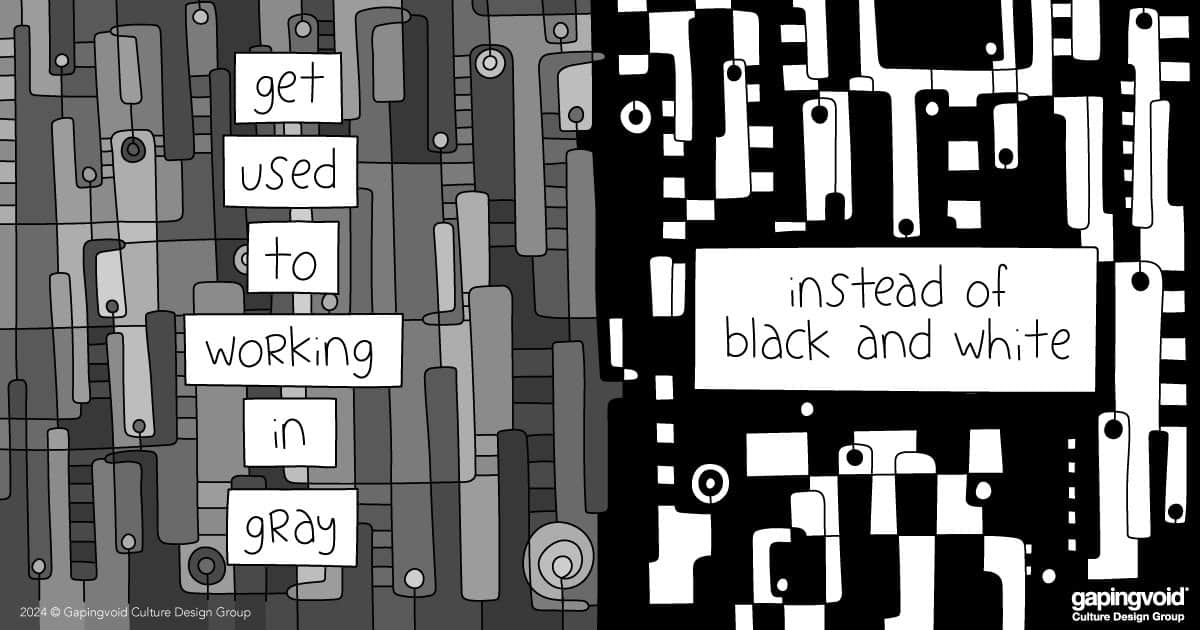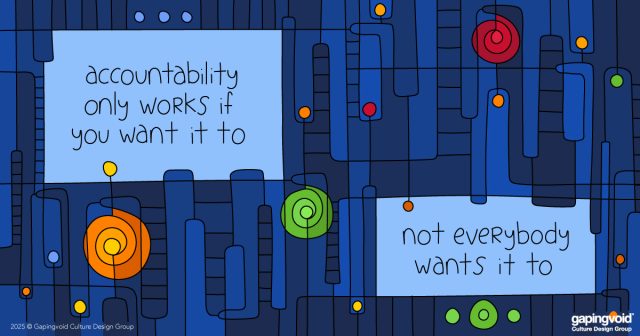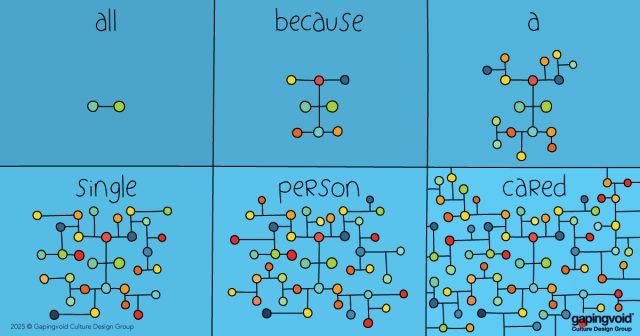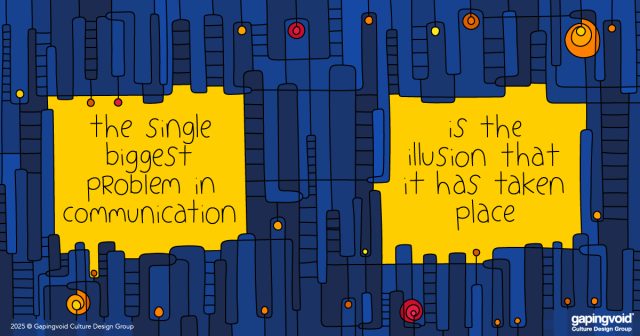
One of the filmmaker Woody Allen’s most critically acclaimed movies is the late-1970s masterpiece, “Manhattan.”
It’s a film about a bunch of fairly successful Manhattanites around the age of forty, who in spite of their standard Allen-esque self-absorbed, neurotic quirks, seem like a genial enough bunch of smart, civilized city dwellers, wrapped up in their world of careers, conversation, restaurants, relationships, high-brow art & entertainment and small apartments. Just as we’d expect in that glorious town.
Except that they’re not. As the movie unfolds, we realize these people are pretty corrupt and morally bankrupt. In other words, sketchy, dreadful people becoming even more sketchy and dreadful as they make one poor, shameful, self-absorbed, even illegal decision after another.
And in spite of all this, they still seem affable and respectable enough, just without a lot of virtue. Ambiguous, to say the least. By the time the credits roll, one is feeling very conflicted.
You find a similar thing going in the novels of Dostoevsky, where there’s always a big battle between good and evil raging, only the way he tells it, the good aren’t that good and the evil aren’t that evil. They’re all just people at different stages of the “poor, fallen sinner” state we all find ourselves in.
As Anne Lamott said in “Bird By Bird,” “Life is not like formula fiction. The villain has a heart, and the hero has great flaws.”
Dostoevsky understood this better than most. And if you think about it, The Bible is full of the same. So is Milton’s Paradise Lost. And Homer’s Iliad and The Odyssey. Ditto more recently with Orwell, Hemingway or Sylvia Plath. Our greatest literature is awash with ambiguity. We humans seem to revel in art forms that are painfully neither black nor white.
Why is that? Simply because art is life, and life is inherently ambiguous. Yes, there’s good in people. There’s evil too. Sometimes it’s hard to know which one is which. Not to mention, the universe that we are born into is an endlessly vast place that pretty much wants to kill you (and has all sorts of nasty ways of making it happen). That’s why it’s called “The Fog of War”– nowhere else in human activity is clarity so desperately needed, yet so hard to come by.
In spite of that, there’s an upside. All these infinite unknowns create huge opportunities for people at all social strata to show real leadership. Giving people a path forward, a cause, a new perspective, new innovations, new ways to make oneself useful, alternative ways to connect with humanity, new ways to create businesses, prosperity and happiness, new ways to express love, new ways to create magic.
As much as ambiguity haunts us, it’s still our greatest lever.



